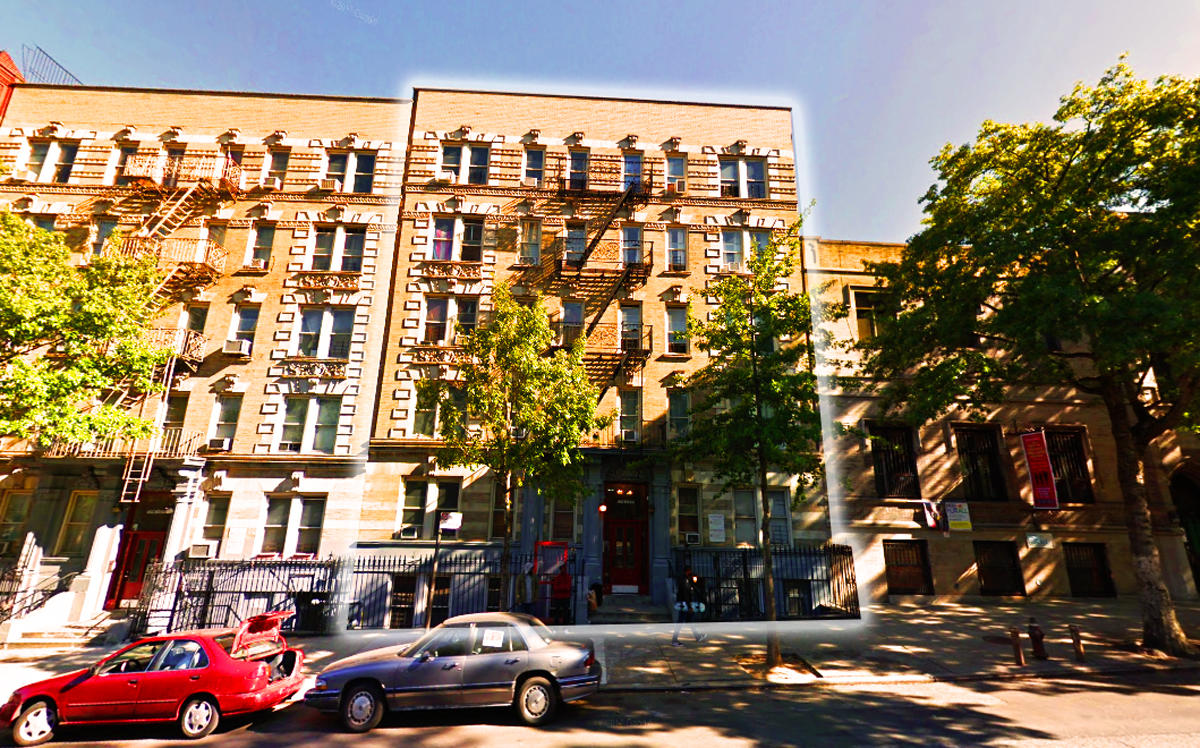A class action rent-overcharge lawsuit initially dismissed by a state court judge was revived Thursday in a 3-2 decision by the first division of the appellate court.
Tenants at 11 buildings owned by Harlem landlord Big City Realty attempted to sue as one, alleging in 2016 that the landlord violated rent-stabilization requirement of the J-51 tax abatement and charged inflated rents by exaggerating the costs of apartment improvements in filings with the state’s housing regulator.
Attorneys for the landlord, the firm Koss & Schonfeld, initially argued, among other things, that the separate LLCs that owned the various buildings could not treated as a single offender and that the class status should not be allowed for tenants’ individual claims. Tenant rent overcharge allegations would “require independent and laborious analyses of each claim” they wrote in their initial motion to dismiss.
It’s an argument used by landlords to defend against other similar lawsuits organized by the nonprofit tenant organization Housing Rights Initiative, which has spurred on litigation against dozens of large rental building owners in New York City, including Kushner Companies, A&E Real Estate and Bronstein Properties. And three such class action lawsuits organized by the group, including the Big City case, were dismissed by lower courts on a combination of jurisdictional and class-action definitional reasons.
But the recent decision in Big City case may have ramifications for other pending landlord-tenant class actions put together by HRI, as the ruling indicates that a landlord should first respond to fraud claims brought by tenants before the class action status can be denied and the complaint dismissed. “It simply is premature, before discovery and before a class certification motion has been made, to rule out the class claims in their entirety,” the majority wrote in their decision.
“Although there may be some differences in the documents to be examined for each apartment,” the judges continue, “whether individual issues will predominate over class concerns can be fleshed out once plaintiffs make a motion for class certification and defendants oppose it… At this stage when defendants have not answered, we do not know what documents they have, if any, to justify the [rent] increases or what explanations they have for the purported failures to register the apartments.”
Judge David Friedman, speaking for the dissenting minority, affirmed the landlord argument that the rent overcharge claims stemming from inflated improvement costs would be specific to each individual apartment and require individual examination, casting doubt on the validity of class status for those claims (he did not, however, disagree that a failure register J-51 units as rent-stabilized claim could be heard as a class, a matter that was settled in a previous Court of Appeals decision).
Attorney Adam Leitman Bailey, who said he currently represents six landlords who are defending lawsuits organized by HRI, said Friedman’s dissent was “so persuasive and it hands the Court of Appeals a recipe that allows them to make the meal very easily.” Any 3-2 appellate decision that reaches a final judgment is automatically heard in the Court of Appeals, the state’s highest court, he said.
“This case just gives them a fact finding mission,” Bailey said, noting the ruling itself does not grant the tenants eventual class status and “opens the door for denial of class certification once the case has progressed and more facts are learned.”
Lucas Ferrara of firm Newman Ferrara, attorney for the tenant, said it’s the fact-finding mission he’s looking forward to. “The decision signals there can be no more hiding behind technical objections, and that these cases should proceed to discovery, particularly where a pleading has set forth ample allegations regarding an owner’s systematic effort to avoid compliance with the requirements of rent stabilization,” he said. “We think it’s unlikely at this stage that the Court of Appeals is going to take this and we’ll seriously fight that.”
Ferrara represents tenants in several other cases tied to HRI. In response to the Thursday decision, HRI’s Aaron Carr said all the ongoing litigation is “worthwhile until our government uproots this culture of real estate corruption. In our legal system we trust.” Seventeen landlords have so far chosen to answer complaints instead of filing motions to dismiss, Carr said.
The case against Big City was initially dismissed in Manhattan Supreme Court last November. Attorneys at Koss & Schonfeld were not immediately available for comment. A call to a phone number publicly listed for Big City Realty returned an out-of-service message.
